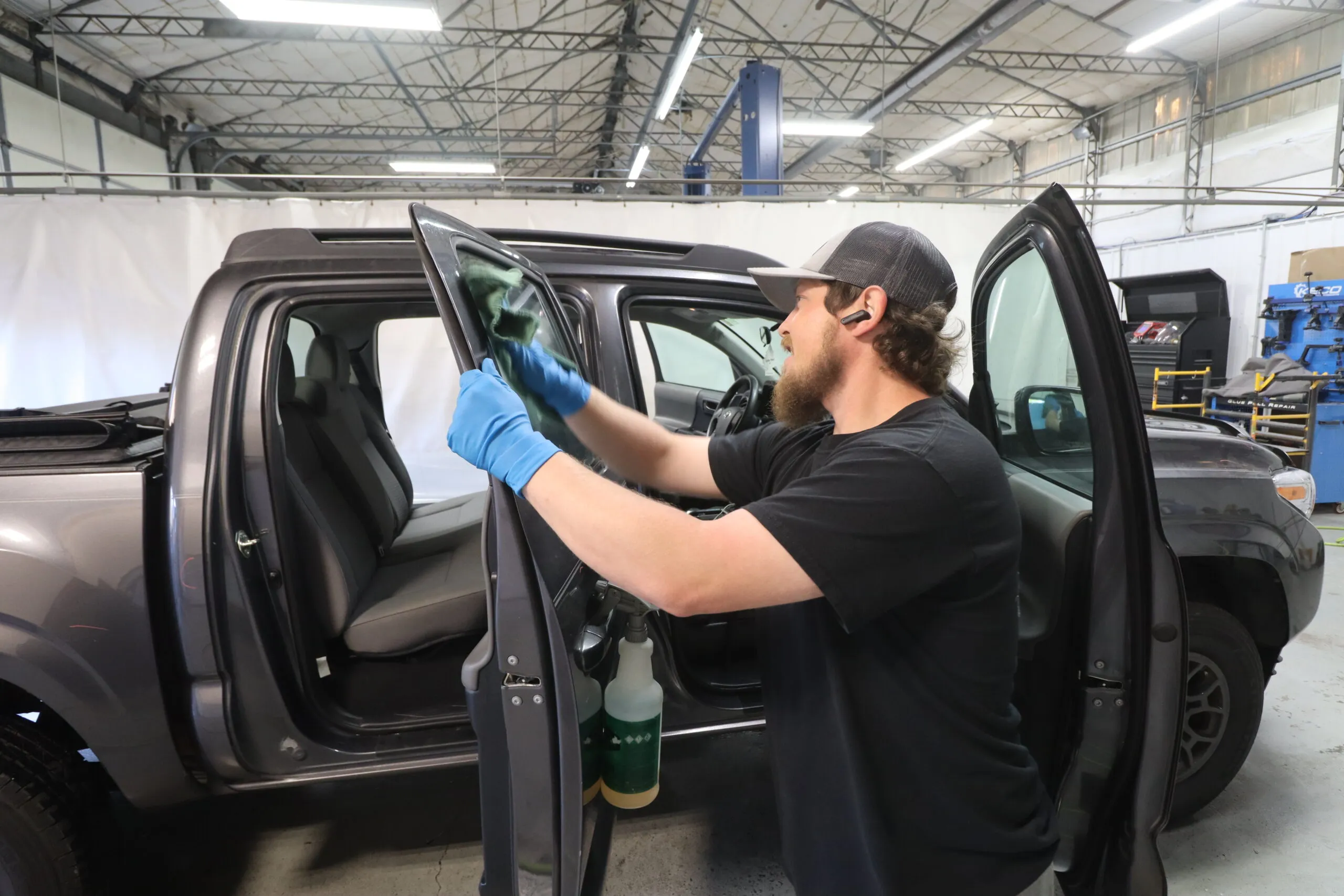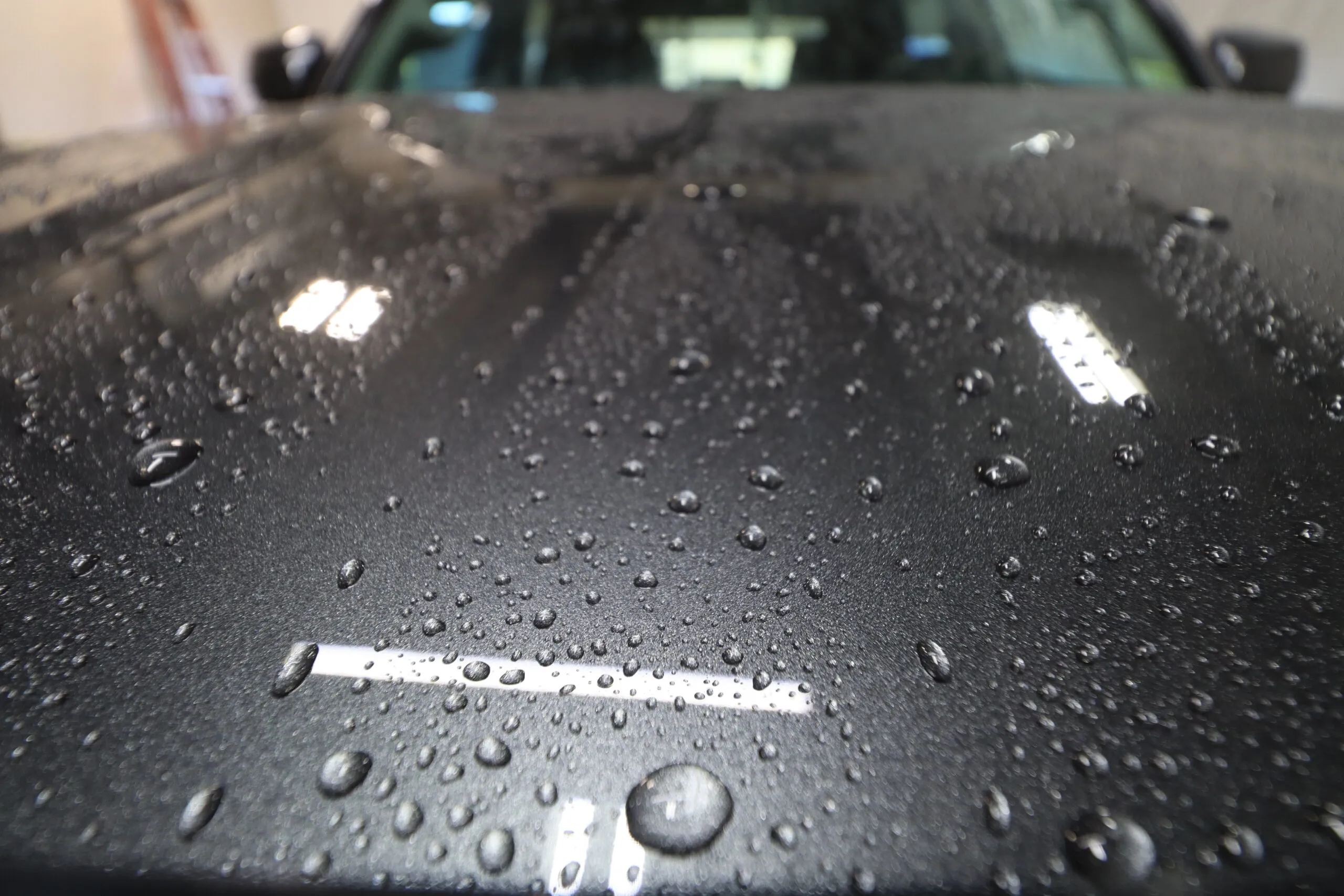Vehicle After Care
post-repair care tipsAfter your vehicle has been repaired, proper post repair care is essential to maintain its appearance and performance. Following a few simple guidelines can help protect the new paint, bodywork, and any repaired components, ensuring your vehicle stays in top condition and the repairs last for a lifetime.
the first 90 days
The first 90 days after a vehicle is painted are crucial because the paint is still curing and bonding with the surface. During this period, it remains vulnerable to damage from environmental factors like UV rays, dirt, and contaminants. Proper care during this time ensures a durable, high-quality finish and helps prevent issues like scratches, chips, and fading. Following recommended guidelines, such as avoiding harsh cleaners and extreme weather conditions, is essential to protect the integrity of the new paint job and maintain its appearance for years to come.

Don't use commercial Car Washes
Stiff brushes, abrasive sponges, and harsh chemicals can scratch or dull the uncured paint and compromise its finish. We understand the convenience of using a commercial drive through car wash, but especially the first 60 – 90 days it is highly recommended to stay clear and hand wash the vehicle.
Hand Wash only
Only use cool water, mild soaps and gentle and soft cloths to wash your vehicle to avoid damaging the new paint. Feel free to stop by any of our locations for recommendations on products that we use ourselves.
Avoid washing in the sun
Avoid washing your vehicle in direct sunlight because the heat can cause soap and water to dry too quickly, leading to streaks, water spots, and soap residue on the paint. This can compromise the appearance of a freshly painted surface and make it harder to achieve a clean finish. Washing in the shade allows for better control and ensures a more effective cleaning process, preserving the vehicle’s appearance.
Avoid Gravel Roads
Loose gravel stone and rock can chip or scratch the new, uncured paint, compromising its appearance and durability before it fully hardens and becomes more resistant to damage.
Clean up spills and bird droppings immediately
It’s important to clean up spills from gasoline, oil or other fluids and bird droppings immediately because their acidic content can damage or stain your vehicle’s paint, especially fresh paint. Left untreated, these substances can cause permanent etching or discoloration, compromising the finish and appearance.
Avoid parking under trees
Tree saps acidity and stickiness can damage or stain your vehicle’s fresh paint. In addition, falling tree nuts in summer and fall can dent the metal and crack the paint.
Dont scrape snow or ice
Avoid scraping ice and snow from your vehicle’s paint, especially fresh paint, as it can scratch or chip the surface. Hard tools and abrasive actions can damage the finish, leading to visible marks and weakening the paint’s protection. Use gentle methods to remove ice and snow instead.
don't polish or wax
Avoid polishing or waxing a freshly painted vehicle because the paint needs time to fully cure. Applying wax or polish too soon can interfere with the curing process, trapping solvents and affecting the paint’s finish and durability. Wait at least 60 to 90 days before waxing.

90+ days
After 90 days, you can safely wash, wax, and polish your vehicle without risking damage to the paint. By this time, the paint has fully cured and bonded, providing a durable and resilient finish. Regular washing helps maintain the vehicle’s appearance and protects against contaminants like dirt, tree sap, and bird droppings. Waxing and polishing can enhance the shine and provide an additional layer of protection against UV rays and environmental factors. Just be sure to use gentle, non-abrasive products to keep the paint looking its best.

